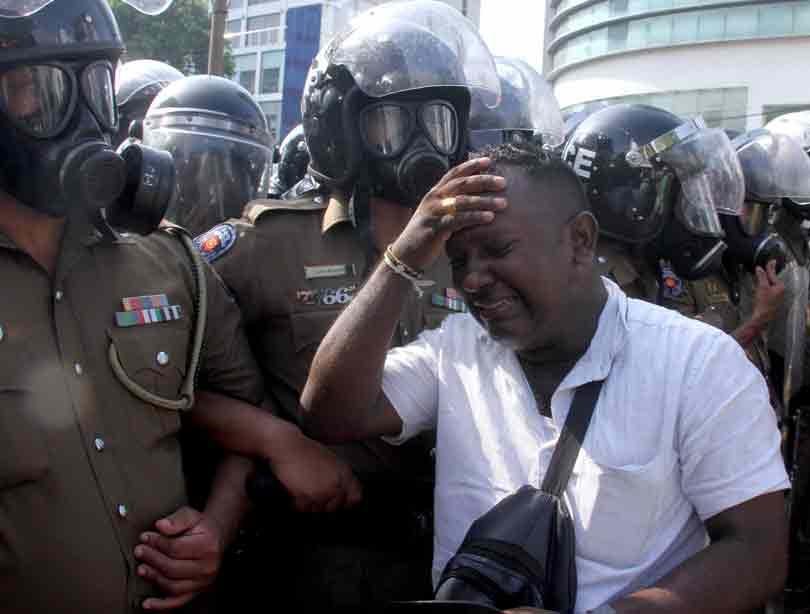
Ongoing Human rights abuses in Srilanka
Ongoing human rights abuses in Sri Lanka continue to be a significant concern, even after the end of the civil war in 2009. Here are some of the key issues related to human rights abuses in the country:
### 1. **Arbitrary Arrests and Detentions**
– Authorities have been reported to arbitrarily arrest individuals, particularly those suspected of being involved with the LTTE or critical of the government. Many detainees face prolonged detention without trial and lack access to legal representation.
### 2. **Torture and Ill-Treatment**
– There are credible allegations of torture and ill-treatment of detainees in custody. Reports indicate that security forces and law enforcement may use torture methods to extract confessions or punish individuals.
### 3. **Restrictions on Freedom of Expression**
– Journalists, bloggers, and social media users critical of the government often face harassment, intimidation, and violence. There are cases of media outlets being shut down or censored, and self-censorship is common among journalists.
### 4. **Suppression of Political Dissent**
– Activists and political opponents face repression, including threats, harassment, and violence. Peaceful protests and demonstrations are often met with police force, and organisers may be arrested.
### 5. **Marginalisation of Minority Communities**
– Ethnic and religious minorities, particularly Tamils and Muslims, experience discrimination and are often marginalised in political representation and economic opportunities. The government has been accused of favouring the Sinhalese majority in various areas.
### 6. **Enforced Disappearances**
– There have been ongoing reports of enforced disappearances, particularly related to individuals associated with the LTTE. Families of the disappeared often lack information and justice for their loved ones.
### 7. **Militarisation and Security Force Presence**
– The increased militarisation, especially in the northern and eastern provinces, raises concerns about the presence of security forces in civilian areas and the potential for human rights abuses. Communities report feeling intimidated by the military’s role in their daily lives.
### 8. **Gender-Based Violence**
– Women, particularly in conflict-affected areas, face high rates of gender-based violence, including domestic violence and sexual assault. Access to justice for victims is often limited, and societal stigma may prevent reporting.
### 9. **Lack of Accountability for Past Abuses**
– There has been insufficient accountability for human rights violations committed during the civil war. Victims and their families continue to seek justice, but there are significant barriers to achieving accountability within the legal system.
### 10. **Restrictions on Freedom of Assembly**
– The government has imposed restrictions on public gatherings and protests, often citing security concerns. Peaceful assemblies are sometimes met with police violence, leading to injuries and arrests.
### 11. **Religious Freedom Concerns**
– Minority religious groups, particularly Muslims and Christians, have faced increasing scrutiny and pressure, including attacks on places of worship and restrictions on religious practices.
### 12. **Displacement and Land Rights Issues**
– Post-war resettlement efforts have been inadequate, and many internally displaced persons (IDPs) face challenges in reclaiming their land. Land disputes often arise, leading to tensions between communities and the government.
These ongoing human rights abuses reflect systemic issues within Sri Lanka’s governance and society, highlighting the need for comprehensive reforms and international attention to ensure the protection of human rights for all citizens.






